 Metropolis
Metropolis
For my 2018 Resolution Project, I decided to take a page out of Lane’s book and do my own Silver Screen Resolution (hence the Take Two part of the title). There are a lot of movies out there I haven’t seen but feel like I should have, or movies that I’ve simply wanted to see and have yet to get around to it. With a deadline of some kind, now I’ll have to finally make a point to find them, get them, and watch them. My rules for the resolution are slightly different in that:
- They must be spec-fic (this has not changed).
- The movie will not be one that is in theaters or that would be part of a Sound Off!
- They don’t have to be popular – or even something folks have heard about.
But I’ve decided to take my resolution to the next level as well, since I had more than 12 movies on my list that I wanted to see. And since we’re in “Take Two” mode, I might as well up the ante: I will instead be seeing two spec fic movies per month rather than just one. This month it’s all about strange cities in the future, starting with Metropolis.
Spoilers ahead
I’d first found Metropolis while at work (as I find most things). It happens when you’re in the movies and music section of the store. You end up thumbing through a lot of DVDs and Blu-Rays. The robot on the cover intrigued me, and the description on the back about a futuristic city with two very different classes living apart from one another pretty much solidified the fact that this needed to be on my list of movies to see.
Ok, granted, that was years ago, but that’s what this resolution is for. Making me finally sit down and watch the things I say I’m going to watch.
In the city of Metropolis, Freder, son of the city’s creator Joh Frederson, is living the high life with other friends and ladies. He knows nothing about the city’s underbelly where workers toil day and night to keep the city going. But while romping about in the idyllic Eternal Gardens, a woman named Maria arrives with a group of ragged children, proclaiming them to all be brothers to the people in the gardens before getting shooed away. This prompts Freder to see the rest of the workers himself, realizing their pain for the first time and wishing to make things change. Meanwhile, Joh knows the workers are up to something and visits the inventor Rotwang, who uses his newly fashioned Machine-Man to sew discord amongst the people above and below — but not in the way Joh wanted. It’s up to Maria and Freder to save the city and the people from destroying themselves and in turn, each other.
- I appreciate the styles the opening text used to mirror the movie.
The movie is set in 2026; the glittering, bustling Metropolis is full of happy, healthy people (similar, one might say, to the Capitol in Suzanne Collins’s Hunger Games), whereas the workings of the city are underground, machines all driven by the workers, who live even further underground in their own worker city. In fact, the concept reminded me a lot of a Stargate SG-1 episode, “Beneath the Surface.” The Stargate team loses their memories and believe themselves to be workers helping to preserve life during a natural disaster when in fact the workers are just toiling away for the benefit of the bright city above. So clearly Metropolis has a bit of influence. Even if it doesn’t, a lot of us today can relate to the workers who drag themselves to their stations every day only to support the rich fat cats for whom they toil.
But what really surprised me about this movie, because I hadn’t looked much further than its summary and cover, was that it was a silent movie. Made in 1927 in Germany, the film is 100% black and white, and we have only context clues and the occasional text frame to let us know what the characters are saying. There’s actually a surprising amount of dialogue between people that we never get to read, so you’re left surmising what the characters are talking about. But it’s not hard, and in some ways kind of fun because you can create your own dialogue to fill in the gaps. And because there is no dialogue or even sound effects, we are instead treated to a nearly nonstop film score. A lot of Metropolis was lost over the years, and the company Kino Lorber, Inc., which strives to restore old films, managed to put much of it back together. That included a brand-new recording of the original score by Gottfried Huppertz. Props to Huppertz because while a lot of soundtracks have breaks and other quiet moments so they’re only a portion of the film’s total runtime (i.e., Lord of the Rings: Fellowship of the Ring is only 71 minutes versus its 171 minute runtime), this soundtrack had to run the entire length of the film. It is possible sections were repeated since I did notice similar themes depending upon who/what was on screen, but being so focused on what was happening on said screen, I’m can’t be sure. And Metropolis, much to my surprise, has a runtime of 148 minutes.

This is at the end of the film, where the workers have come to the surface. See what I mean about the opening text?
That length astonished me. I don’t know the average runtime of silent films in the 1920s, so maybe it’s not so strange to have a movie over 2 hours. Yet given the number of things happening on screen and the sheer scope of what they made, it still seems an impressive feat to me. The sets were huge, such as the workers’ city, the Eternal Gardens where we first see Freder, or the various machines the workers handled. Other sets you could tell were models, such as the shots of Metropolis itself, but that doesn’t make it any less notable. It takes time and skill to make good models, and when you have a city with little moving cars on freeways, airplanes cruising through the sky, and towering skyscrapers on all sides, it’s quite the job to fashion. I liked it even in 2018 — I can only imagine how many jaws dropped upon its first showing in 1927. I know mine would have. And if not for the sets, then for some of the special effects. There’s a moment in which the workers’ city has to be flooded, and unless they made two sets, the initial shots would have to be done right because there’s no going back with that amount of water.
- Giant workers’ machine
- The Eternal Gardens
- Bustling Metropolis
- Workers’ city flood begins
Rotwang’s Machine-Man is also an impressive piece of work. Honestly, at times it didn’t feel like this movie was made in 1927. Not that I think folks in 1927 are incapable of anything, it’s just that the movie felt way ahead of it’s time. But one could also argue that with quality science fiction, that’s to be expected. 1984 was ahead of its time (the book, not the movie). The effects needed to shoot the scene in which Rotwang transforms the Machine-Man into a Maria look-alike seem very tedious and time consuming. But the end result is excellent.
The story itself is one most of us have already heard by this point in time. Workers rising up to try and destroy the very shackles that bind them to such a hard life, while the people above are oblivious to their pain, too busy living in luxury and ignorance. But the characters are who you latch onto. Freder is a good guy who, though he knew of the workers, did not ever realize what they went through. And rather than bailing once he does know, he even goes so far as to take one worker’s place for a day. He also saves a man named Josephat, who was about to kill himself after being dismissed by Joh (being dismissed means becoming a worker below). Josephat, though he didn’t have a lot of screen time, was a cool guy and I liked him a lot.
The love story, however, isn’t exactly believable. It looks dramatic on screen like it’s supposed to, but Freder falls for Maria about as fast as Romeo fell for Juliet, except Maria has less development or even real character than Juliet. Maria, to me, felt more like a religious Mary figure — especially when she’s standing in front of several crosses, immaculate, telling the men the story of the Tower of Babel and how everyone needs understand one another. That someday a “mediator” will come and bring the two together. Does she not work? How is she so clean when everyone else around her is dirty and wearing dark work clothes? Does she come from above? Granted, we’re not meant to know these answers, and possibly not even meant to ask these questions, but it’s not 1927 anymore and I want to know.
- Innocent Maria
- Erotic, Machine-Man Maria
- EW
On the flipside, when Rotwang makes his Machine-Man look like Maria, she is introduced as a new exotic dancer and at one point evil incarnate, riding on the back of a many-headed beast. Rotwang intends to use her to bring down Metropolis, and the faces of the men watching her as she dances are some of the creepiest faces I’ve ever seen. They were the very definition of lecherous. The whole Maria dichotomy kind of annoyed me because it showcases her as both innocent and perfect and, later on, the root of all things destructive. Maybe that’s the theme, but it still bothers me that no one ever took any responsibility for their actions. Everyone just became sheep. When the workers trashed an important machine and realized the consequences, they literally begin yelling about Maria being a witch and aim to burn her at the stake. They blame her for what they’ve done even when they had multiple people telling them to stop since their actions would lead to nothing but bad things. And she’s really nothing more than a tiny conduit for the mediator (who obviously turns out to be Freder). She’s lucky Freder thought she was pretty, otherwise nothing would have ever happened. Because really, this all kicks off with a “Who was that girl?” cliché.
However, mad props to Brigitte Helm on the acting. Her facial expressions alone were rather terrifying when she’s playing the part of the Machine-Man Maria. Right up to the point of laughing maniacally while burning to death.
I also didn’t fully understand some of the actions by Rotwang and Freder’s father. Rotwang seemed to be in love with a woman named Hel, who was Joh’s wife and thus Freder’s mother. But did Hel choose Joh over Rotwang? Or was he just in love with her and angry about her death, Severus Snape-style? At first when he’s ranting about his Machine-Man, it sounded like he was going to make it look like Hel. And when the workers started running rampant (thanks in part to Rotwang’s Machine-Man Maria), instead of doing anything Joh just says to let them do what they want. It was suggested that letting them get violent would justify Joh in using violence in return, and yet he never does. He just sits there while they trash the machines and essentially shut down the city. And then he seemed surprised by it. So that little loop threw me.
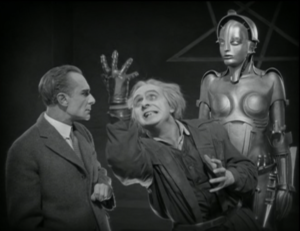
I feel like Joh should have realized Rotwang hated his guts.
Clearly this was an interesting film to make me write so much about it. I do highly recommend this early cinematic piece of science fiction. It has so many elements that we now see on a regular basis that it was cool to see some of the original stuff. I don’t normally advocate for remakes, but I honestly do think that, if it were done right (and therein always lies the kicker), and with only the tiniest of tweaks (primarily the Freder/Maria love story), a version of Metropolis made today could be really awesome.
All images courtesy Nicole Taft.

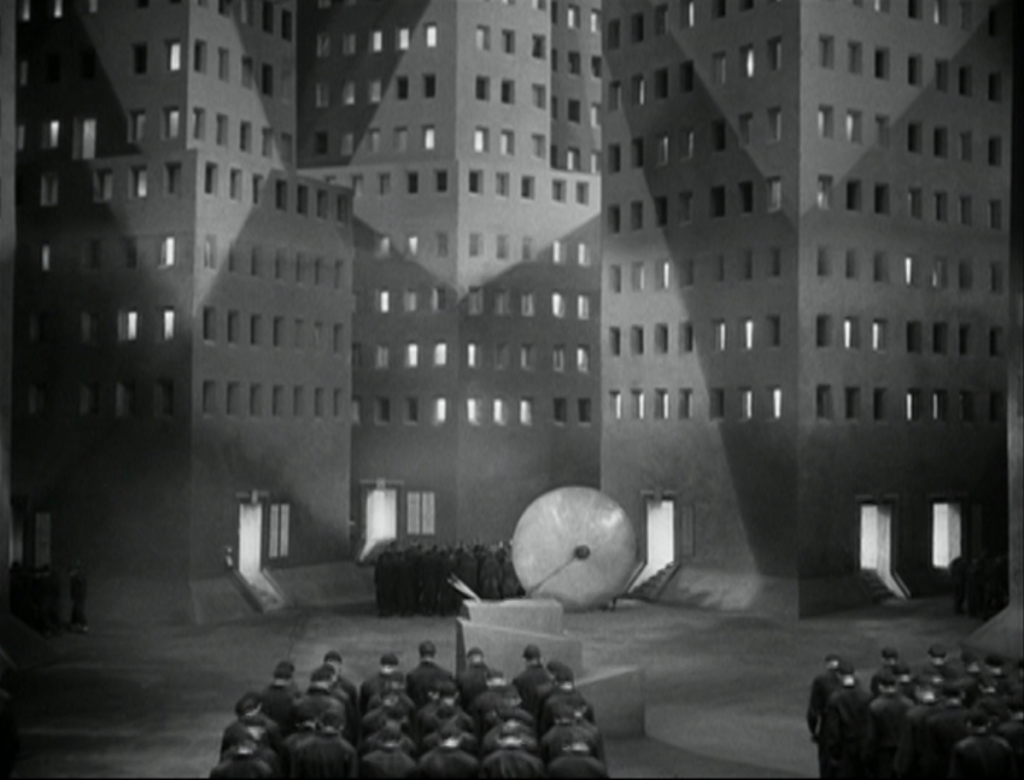
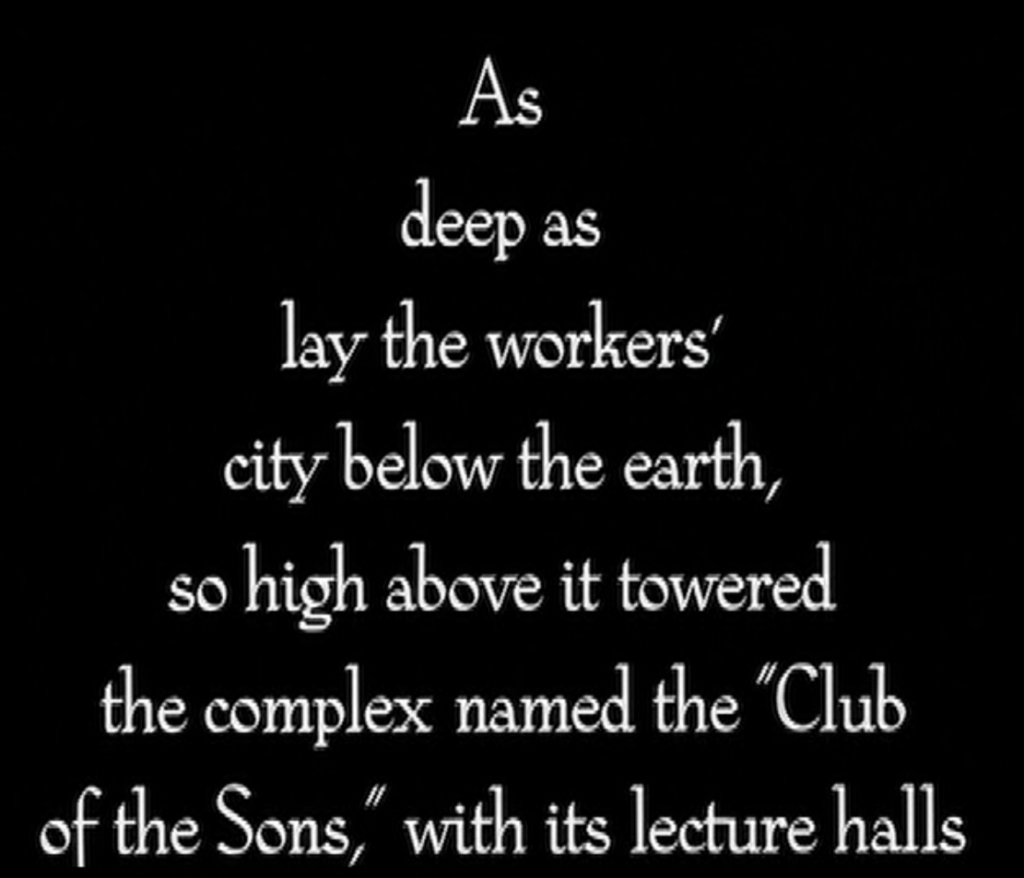
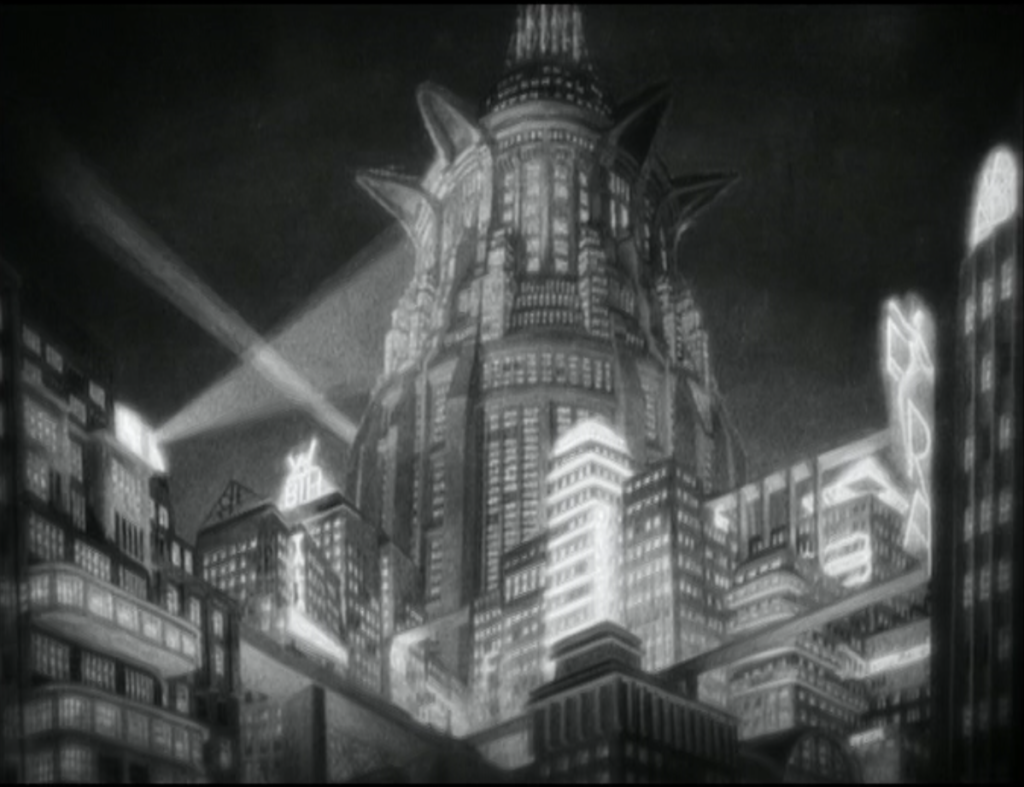
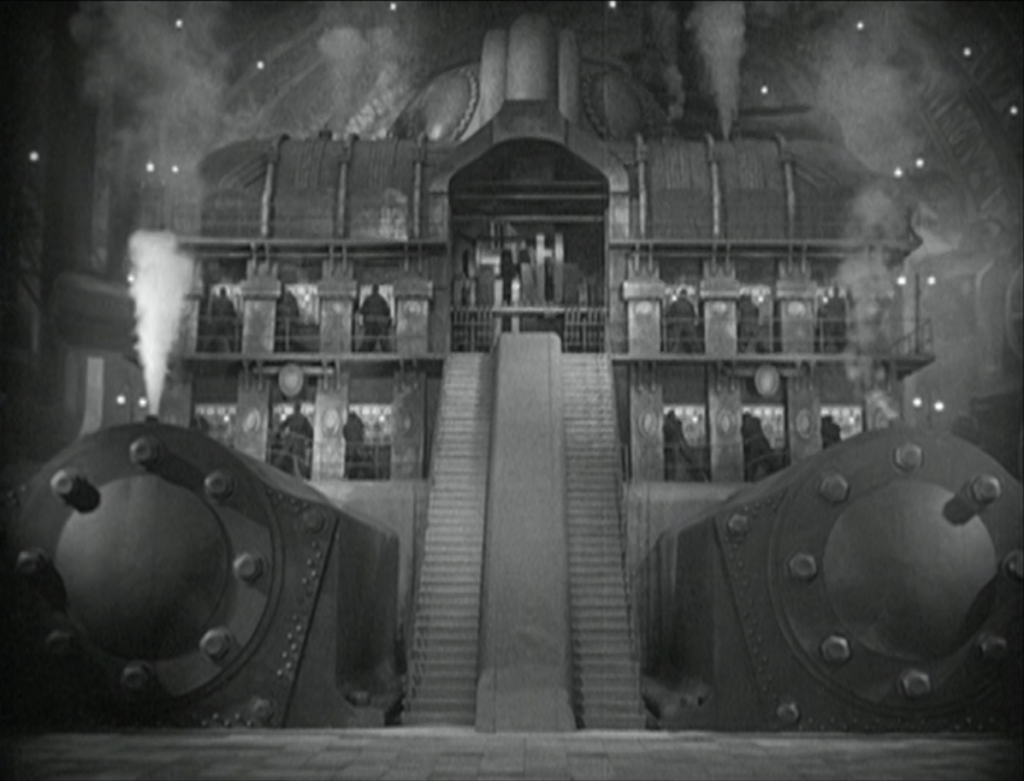
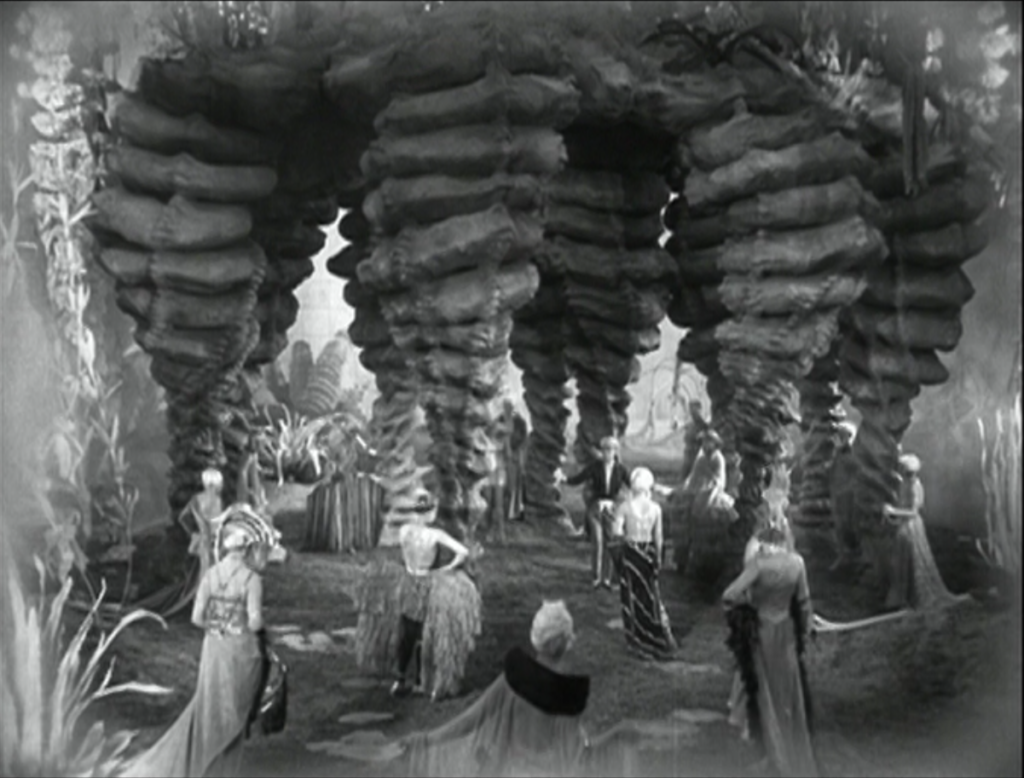
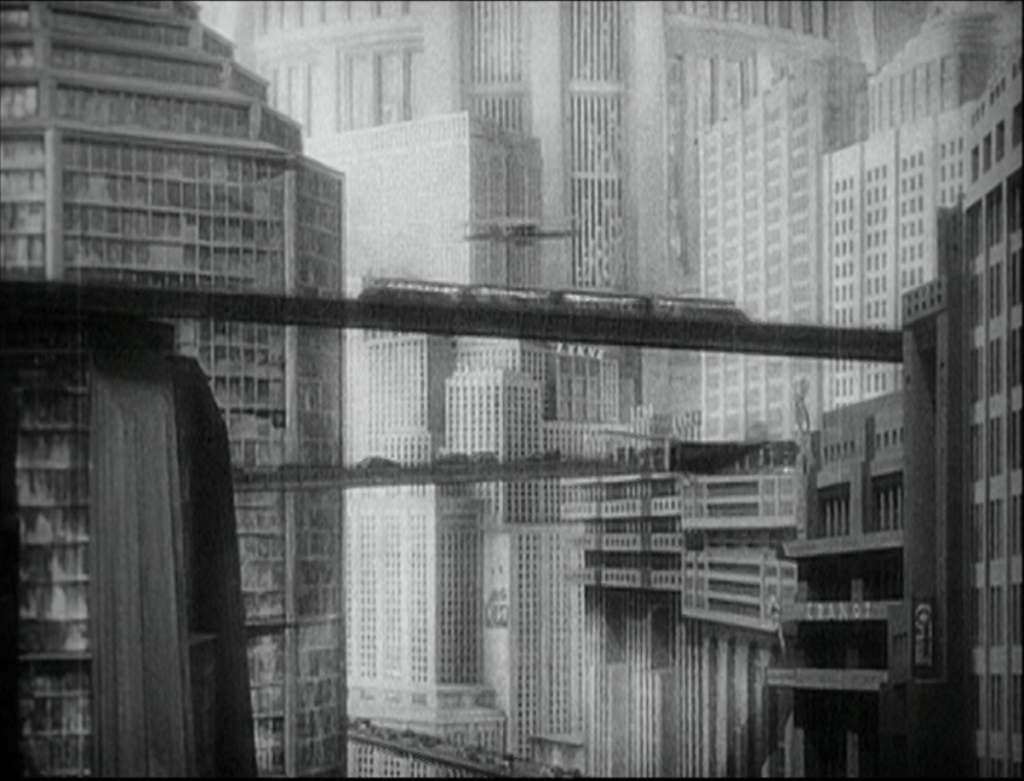

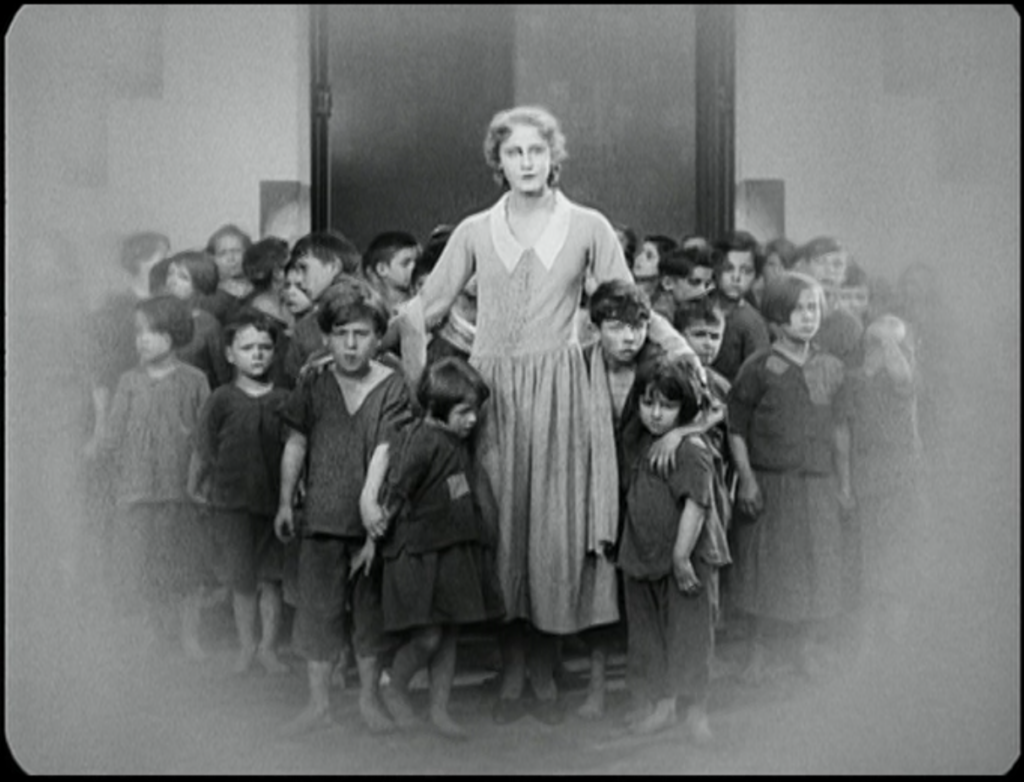
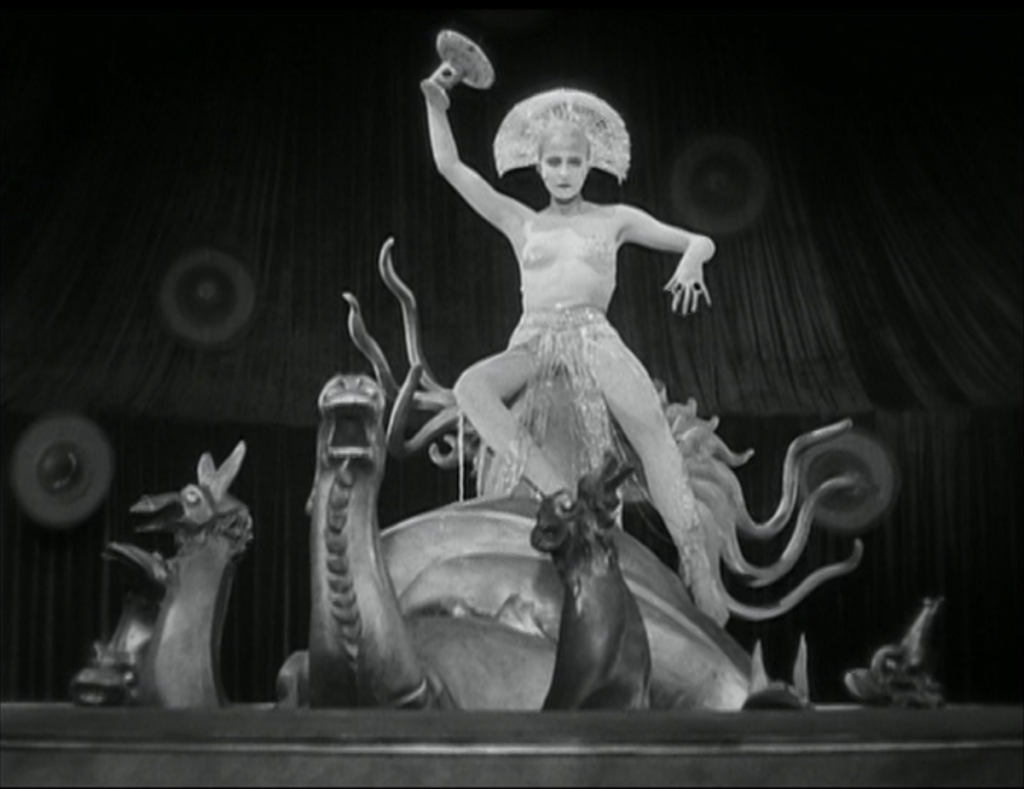

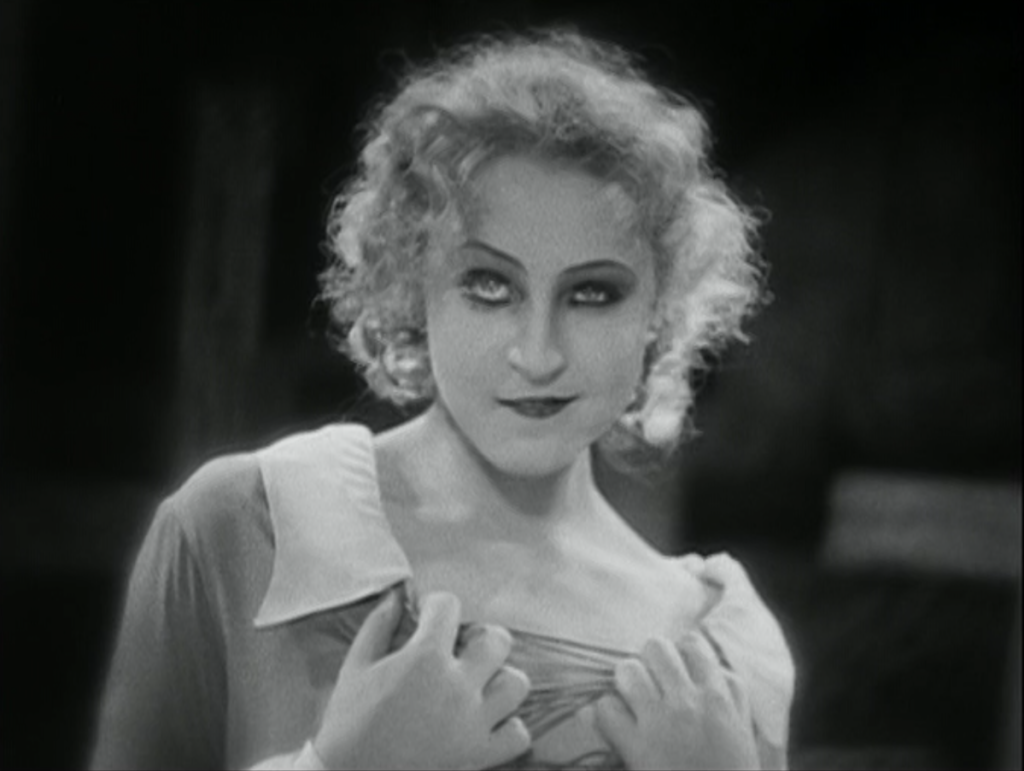
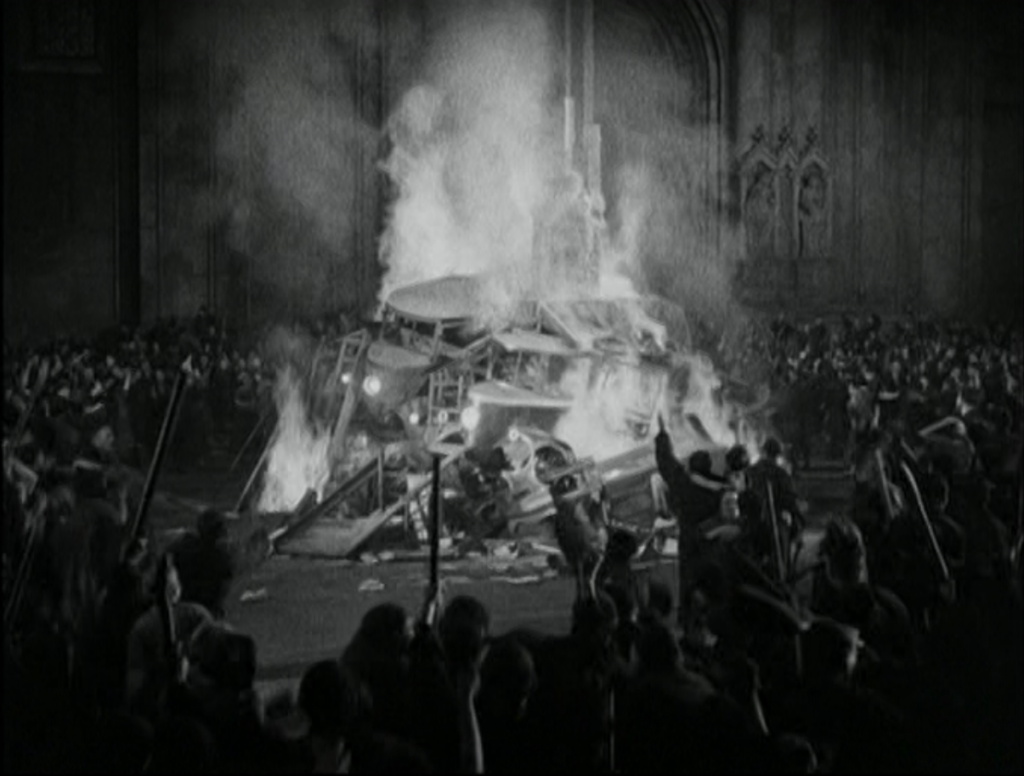
I first heard of this when it was hailed repeatedly as a classic by Forrest J. Ackerman in issues of Famous Monsters of Filmland in the early/mid-’60s. I didn’t get to see it until 1972 or so when it was featured on a Chicago PBS series called Film Odyssey. I didn’t have a lot of patience for silent film back then so overall I was disappointed. I’ve seen a couple reissues since with revamped soundtracks some with serious editing cuts plus one German language version. Considering the time it was made it’s a remarkable achievement and sad to say similar times are once again upon us and so many of those issues remain to be confronted. I think the age, the B&W imagery, and the silent format let viewers dismiss it as a quaint curiosity, but a fresh modern update would be fantastic.
Indeed. I looked up a lot of stuff about this movie later on, about how it got all sliced up and the film that was found to be the most intact was in a private collection and the one I saw is the closest we’ll ever get to seeing it in its entirety. There are some parts missing, but Kino fills them in with black screens with some text to quickly summarize what we aren’t seeing (sadly, most of them contain Josephat). For the longest time I thought this was a part of the Criterion Collection only to realize later it’s not (although to be fair, I have NO idea what their criteria is to get into that particular group because there are some movies in there that make me go, “Wtf is that movie doing there?” so I don’t really know how I feel about them as a whole).
And yes, a well-done redo could be so much fun.